
What's After the Movie
Errol Morris
Errol Mark Morris (born February 5, 1948) is an accomplished American film director known primarily for his noteworthy contributions to the field of documentary filmmaking, using innovative techniques including the pioneering use of the Interrotron, a device that enables eye-contact between the interviewer and subject. Morris's filmography covers a wide range of unusual subjects and his work has earned him high critical acclaim. The 2003 documentary, 'The Fog of War: Eleven Lessons from the Life of Robert S. McNamara', won him an Academy Award for Best Documentary Feature. Another noteworthy work, 'The Thin Blue Line' (1988), is hailed as one of the most influential documentaries and was instrumental in proving the innocence of a man wrongly sentenced for murder. His early life was marked by experiences that shaped his worldview and his approach to filmmaking, characterized by the examination of the perception and interpretation of reality.
Morris's unique filmmaking style has been attributed to a refusal to conform to the traditional cinema verité style, instead opting for stylized lighting, musical scoring, and heavy use of re-enactments. He combines his talents as a private investigator and his fascination with truth, perception and narration to create films that challenge the conventional understanding of documentary films' relationships with 'reality'. Despite initial resistance from the filmmaking community, Morris's style has set a new standard in documentary filmmaking, influencing generations of filmmakers. His passion for unearthing truth, reflected in his avant-garde techniques, was likewise reflected in his roles as a writer and journalist. Morris is equally known as an accomplished director of television commercials, responsible for creating some of the most popular ads on television.
Biography, Career & Filmography
Learn more about Errol Morris, including a detailed biography, career timeline, personal life insights, and complete filmography. Discover how Errol Morris rose to fame, their major roles, industry impact, and personal milestones in the world of film.
Given Name: Errol Mark Morris
Born: Hewlett, New York, U.S.
Citizenship: United States
Birthday: February 5, 1948
Occupations: Film Director
Years Active: 1978-present
Children: 1
Spouses: Julia Sheehan
External Links and Streaming Options
Explore more about on trusted external platforms like Metacritic, TMDb, Rotten Tomatoes or IMDb. Find additional details, reviews, and related content to deepen your understanding.
Awards and Nominations Received by Errol Morris
Explore the awards, honors, and nominations Errol Morris has earned across their acting career. From prestigious wins to critical acclaim, see how their talent has been recognized by the film industry and major award bodies.
76th Academy Awards 2004
56th Directors Guild of America Awards 2004
52nd Directors Guild of America Awards 2000
4th Independent Spirit Awards 1989
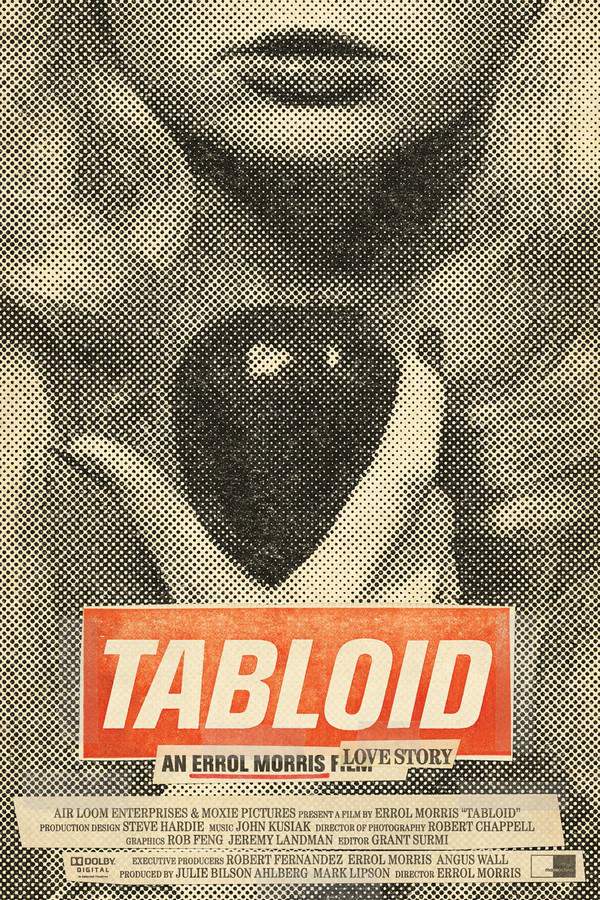
Tabloid
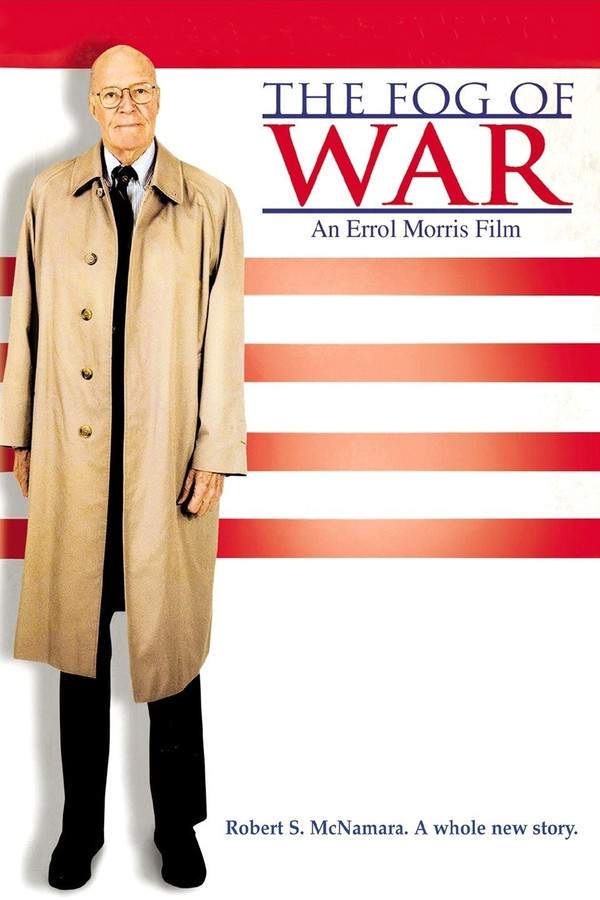
The Fog of War: Eleven Lessons from the Life of Robert S. McNamara
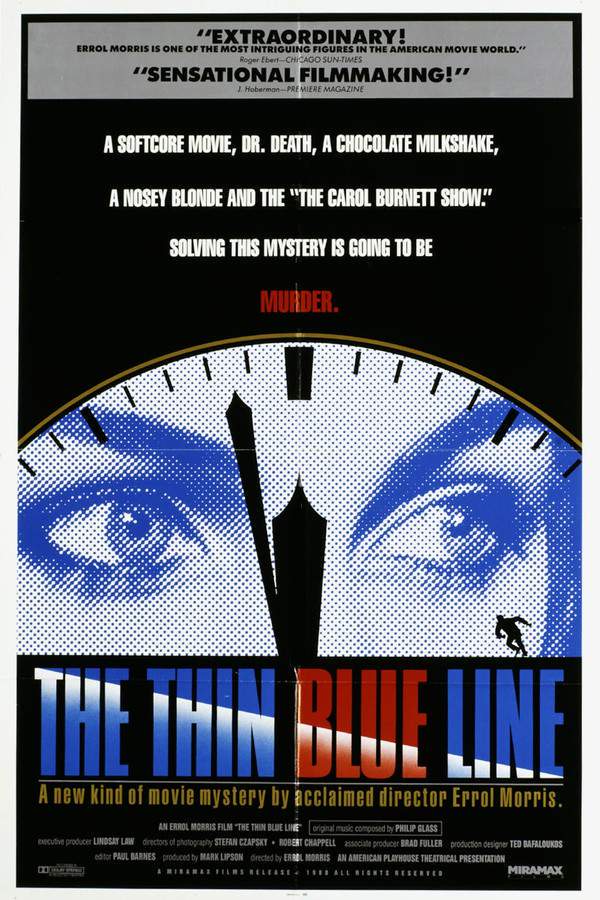
The Thin Blue Line
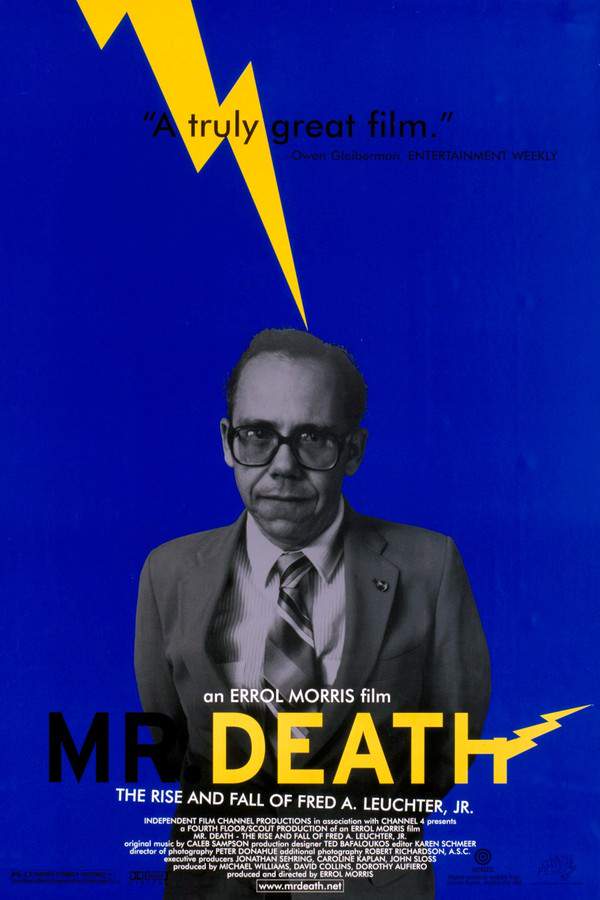
Mr. Death: The Rise and Fall of Fred A. Leuchter, Jr.
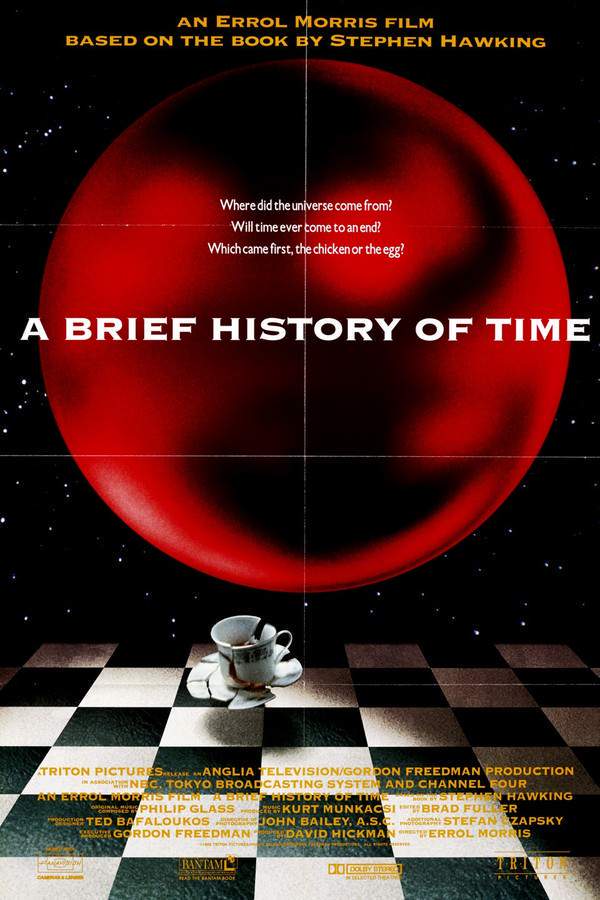
A Brief History of Time
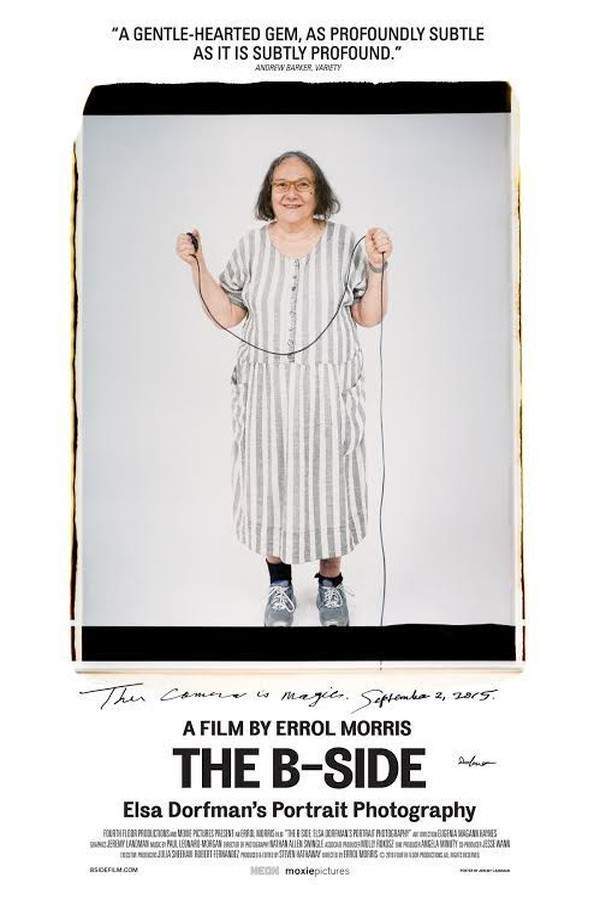
The B-Side: Elsa Dorfman's Portrait Photography
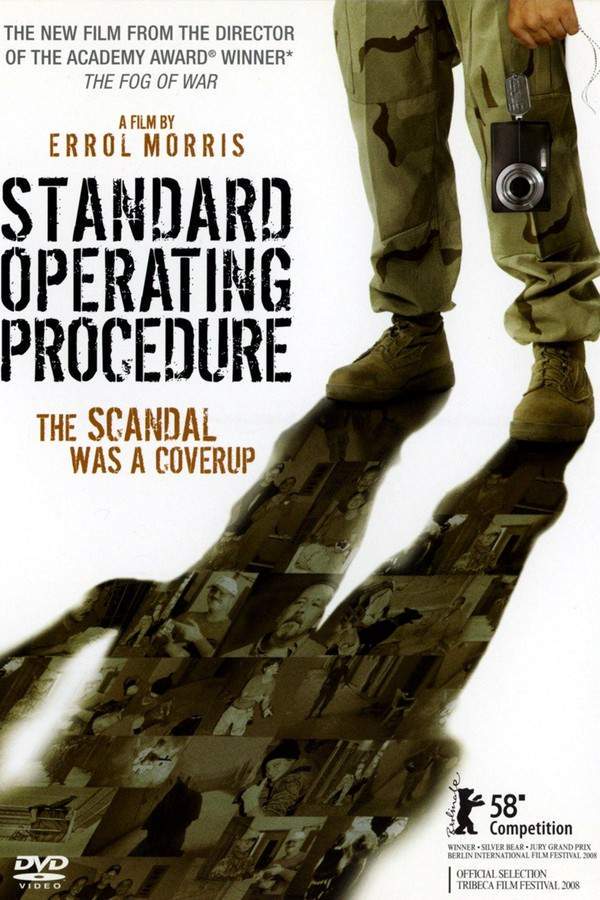
Standard Operating Procedure

My Psychedelic Love Story
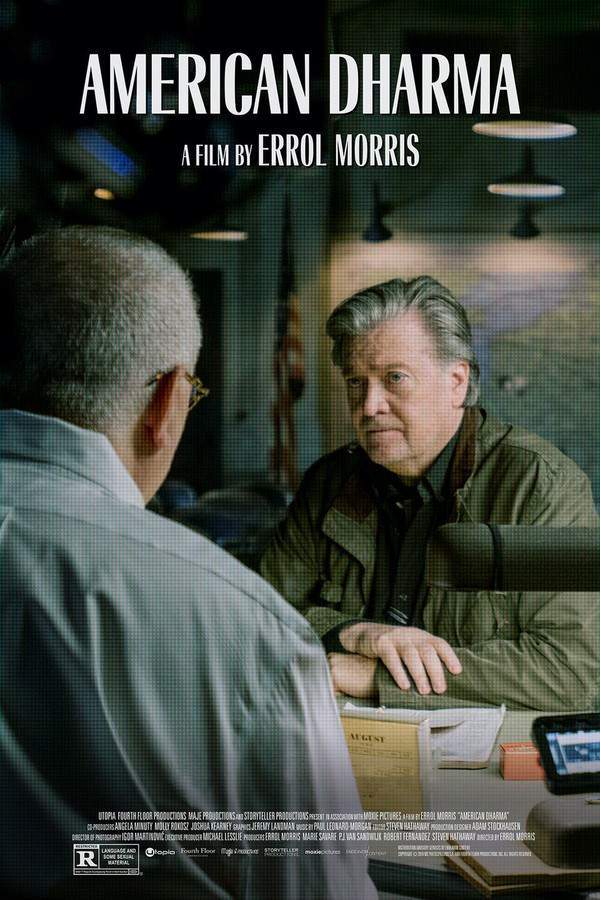
American Dharma
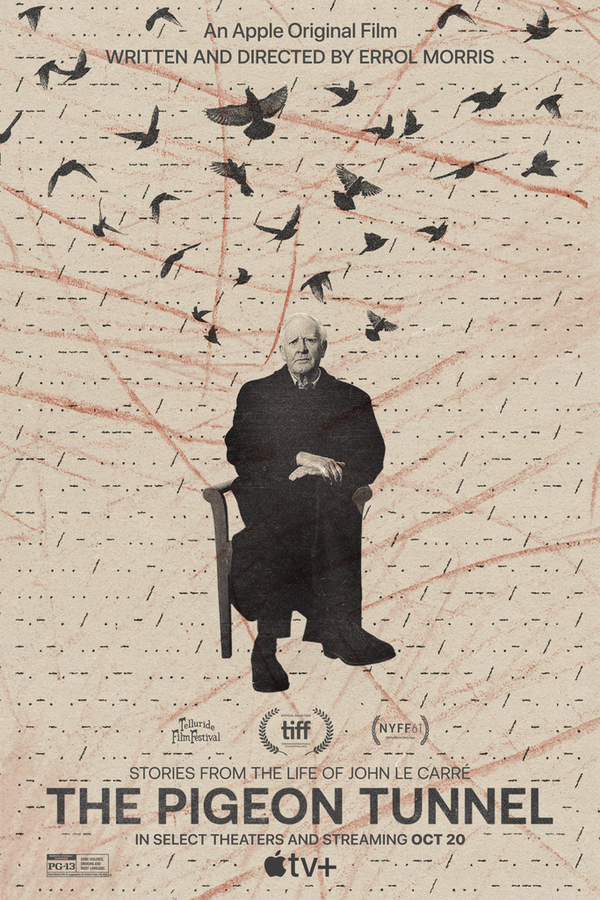
The Pigeon Tunnel
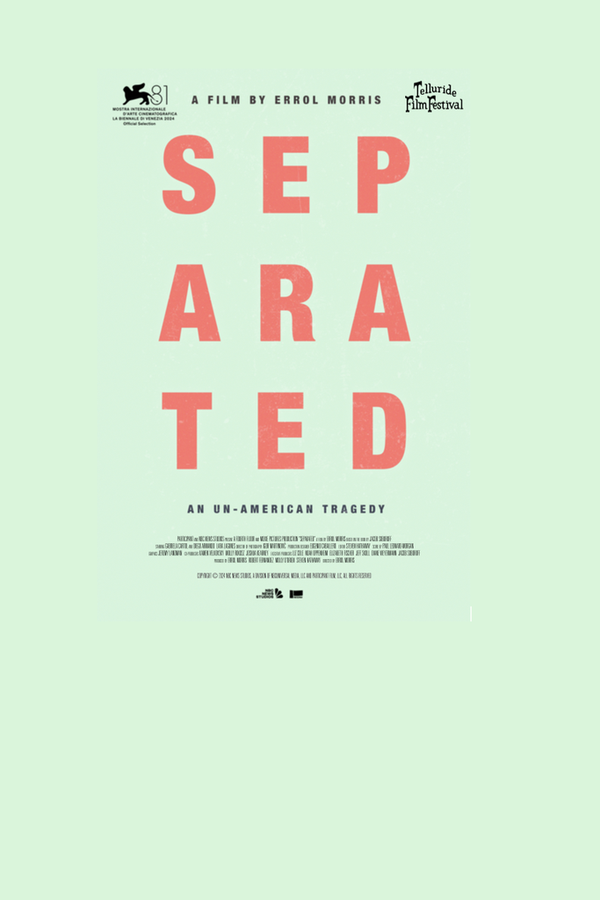
Separated
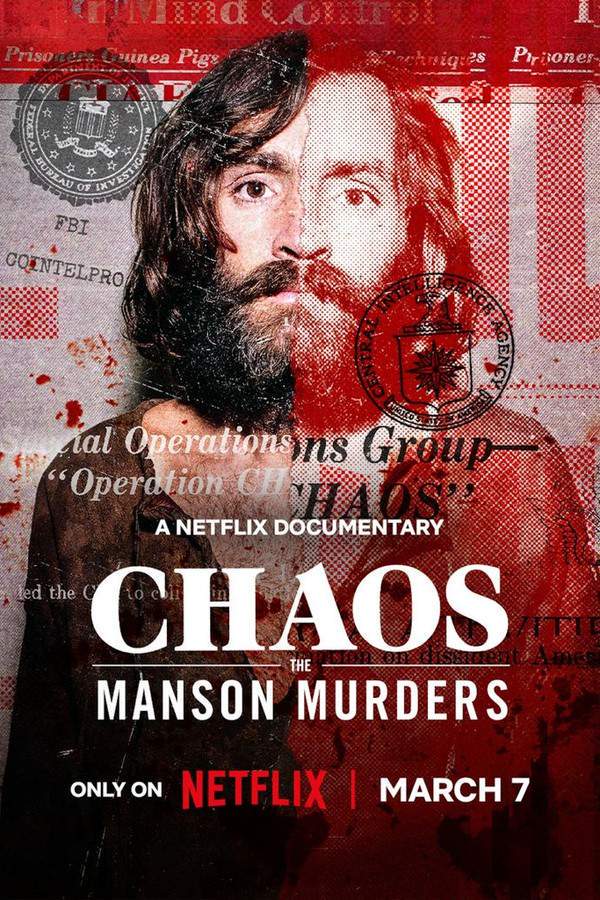
CHAOS: The Manson Murders

El Wingador

The Umbrella Man

November 22, 1963

Werner Herzog and Errol Morris on ‘The Act of Killing’

Bob Geldof: The Moment

Being Mr. Met

Demon in the Freezer

An Art That Nature Makes: The Work of Rosamond Purcell
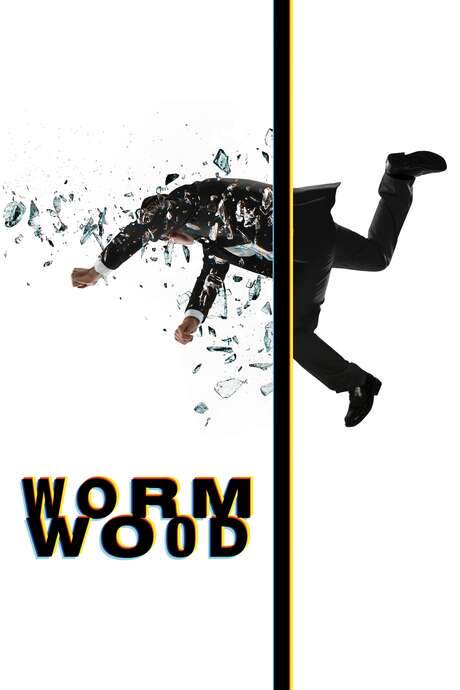
Wormwood

The Fog of War

Vernon, Florida

The Dark Wind

Werner Herzog Eats His Shoe

Hotel New York

A Wilderness of Error

Gates of Heaven

Capturing Reality

Tune Out the Noise
Career Timeline
Track the complete movie timeline of Errol Morris, including all film releases, career breakthroughs, and notable roles. Follow their journey from early performances to recent blockbusters and upcoming projects.

What's After the Movie?
Not sure whether to stay after the credits? Find out!
Explore Our Movie Platform
New Movie Releases (2026)
Famous Movie Actors
Top Film Production Studios
Movie Plot Summaries & Endings
Major Movie Awards & Winners
Best Concert Films & Music Documentaries
Movie Collections and Curated Lists
© 2026 What's After the Movie. All rights reserved.









